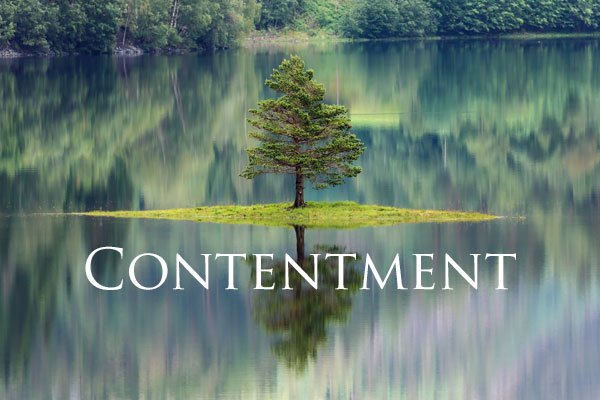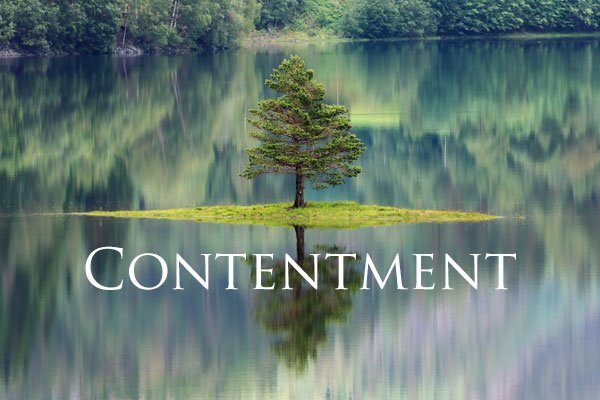
By: Al-Haadi
Source: Jamiatul Ulama
Where is happiness? More than five billion people are searching for it. But where is it? If happiness was in the hand, then the one whose wrist is adorned with a designer watch worth hundreds of thousands of dollars, or whose fingers have been ringed with priceless diamonds, or the one who counts huge bundles of money every day, would always be very happy.
If happiness was in the eyes, then the one who lives in the most scenic of places, with his most luxurious, expensive and eye-catching possessions such as furniture, cars, clothing, etc., in front of him all the time, would forever be elated.
If happiness was in the stomach, the person feasting on delicacies would have been continuously ecstatic, while the one eating simple basic food would have been very miserable.
However, nobody has found happiness in possessions and objects.
Happiness is in the heart. If the heart is happy, the joy of the heart permeates every part of the body, irrespective of whether the hand does not have a dollar, or whether the stomach has only been filled with bread and water.
The question is: How does the heart gain happiness?
CONTENTMENT
The foundation of happiness is Imaan. The pillars of this happiness are righteous actions and the qualities of Imaan. Among the foremost qualities of Imaan that bring happiness to the heart and fill one’s life with peace and tranquility is qanaa’ah (contentment). Rasulullah (ﷺ) is reported to have said: “Verily true wealth is the contentment of the heart.” In another narration contentment has been described as “the wealth that is never exhausted.”
Wahb bin Munabbah (رحمه الله) expressed this reality in the form of an anecdote. “Respect and wealth went out one day to search for a companion,” he said. “They met contentment and permanently stayed over with him.” The message is clear: Respect and true wealth is to be found in contentment. Otherwise one will be forever poor and miserable despite owning billions.
Contentment refers to being happy with what one has been blessed with. It entails living within one’s means. Contentment does not bar one from possessing any comfort and luxury. Indeed, it is opposed to buying things merely to enhance one’s “status,” or to avoid being regarded as “old-fashioned” by others. Contentment is the opposite of materialism.
Therefore, if contentment offers peace and happiness, materialism promises unhappiness and misery.
FAKE IMAGE
The false promise of materialism is that happiness lies in accumulating possessions, hankering after material pursuits and presenting the “right image”. A simple example of this is the obsession with branded garments and other merchandise. Such is the obsession to have the “right” image that if one cannot afford the original branded item, a fake will also do — you must have the “right image” even if you have to fake it. Yet, has it really ever given anyone happiness? For those who only believe in “research,” extensive studies conducted by psychologists confirm that people who focus on wealth, possessions, image, fame and the like generally suffer the following problems to a far greater degree than non-materialistic people: Low psychological well-being, increased feelings of anger, difficulties with attention (ADD), prone to impulsive behaviour, significantly higher levels of depression and anxiety, high levels of distress, feelings of emptiness, insecurity, lack of generosity, consumed by envy, and are overall less satisfied with life than those who are not materialistic. (High Price of Materialism, Pg. 9 – 17)
While Islam has emphasised adopting simplicity, it has not forbidden the use of luxuries. Acquiring luxuries is mainly subject to the following conditions:
- One can afford it with Halaal earnings
- It does not entail wastage,
- It is not being acquired merely to follow the trend, or to boast and show off.
Thus, using luxuries is in itself not forbidden, rather materialism is forbidden.
Materialistic people make things and objects the source of happiness. “Things” will necessarily scratch, crack and break. Thus, one’s happiness will be in tatters every time something happens to the beloved items. Moreover, what is the “best” today is outdated tomorrow. As a result, one feels unhappy until the new “best” is acquired. This continues until suddenly one is at the door of death.
On the contrary, one who is content remains happy. The content person keeps looking within himself to try and improve his inner-qualities. This brings increased happiness within him. The materialistic person tries to improve the outside to be happy. Such happiness is repeatedly shattered. Since this world and its glamour are all perishable, the happiness associated with it is bound to perish sooner or later.
FOCUS ON VALUES
The path to happiness is therefore contentment. This requires a change of mind-set. The importance we have given to material pursuits, image, social status and wealth must be shifted to true Deeni values. The focus must be on Taqwa (Allah—consciousness), simplicity, contentment, generosity, caring and sharing, love and respect for parents and others, compassion, sympathy, etc. Striving to acquire such values and living a life filled with these qualities brings happiness in this world and unimaginable rewards in the hereafter. Otherwise, a life without values is a valueless life!
The values and qualities described above are acquired by sincerely associating with the pious and taking their guidance in everything we do. Also, shut your eyes and ears to the “prophet” of materialism — advertising. Do not walk on the path of materialism by following trends, being obsessed with brands, worrying about image, etc.
May Allah Most High fill our hearts with contentment and turn our focus to the Hereafter.




